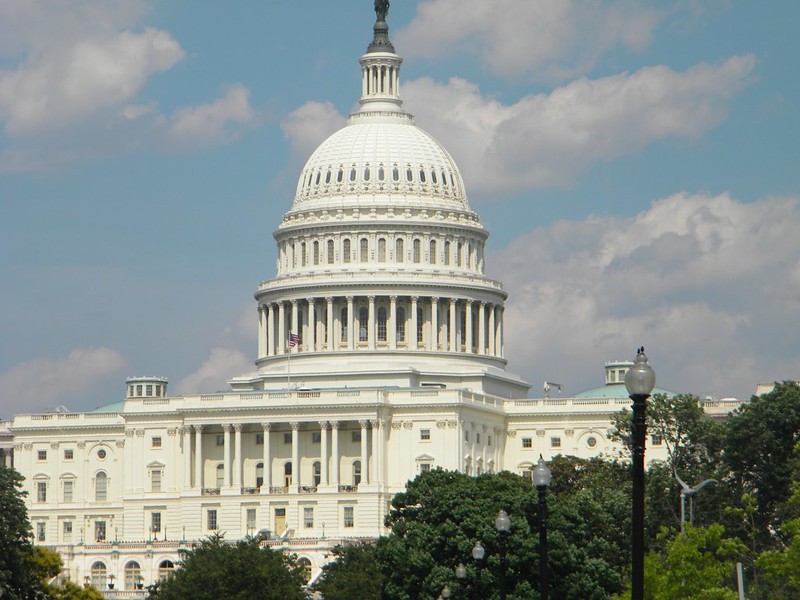
Heritage Foundation Holds Primer on Defense Production Act
By: Henry Rademacher
The Heritage Foundation recently hosted a discussion on the Defense Production Act and how it can be used in the fight against Covid-19. The panelists were Cully Stimson, Senior Legal Fellow at the Heritage Foundation and Lieutenant General Thomas Spoehr, Director of the Center for National Defense at the Heritage Foundation.
The Defense Production Act was first enacted on September 8, 1950 in an effort to more effectively mobilize U.S. manufacturing capacity during the Korean War. Since then, it has been reauthorized more than 50 times.
The Defense Production Act allows the president to “require businesses to accept and prioritize contracts for materials deemed necessary for national defense, regardless of a loss incurred on business.” According to General Spoehr, the act’s definition of “national defense” has been “broadened” over time to include things like “energy security, space security, emergency preparedness.”
General Spoehr and Mr. Stimson agreed that the Defense Production Act has not always been used responsibly. According to Mr. Stimpson, some presidents have felt the act gave them the authority to control manufacturing of “anything they wanted.” General Spoehr gave the example of President Obama using the act to “funnel $200 million into a bio-fuel initiative.”
General Spoehr identified and discussed two major misconceptions about the Defense Production Act. The first misconception is that President Trump has not been using it as part of the Federal response to Covid-19 – in fact, it has been used extensively by the president over the last month. Also, the Department of Defense has given out numerous contracts in response to the Covid-19 crisis. According to General Spoehr, the majority of those contracts are sanctioned, at least partially, under the Defense Production Act.
The Second misconception is that The Defense Production Act is a “silver bullet” that will immediately alleviate shortages of medical supplies and equipment – while the act could theoretically be used to increase production, there is no guarantee that government-mandated manufacturing would be more efficient than the private sector in responding to Covid-19.
In fact, many believe the private sector’s response to the Covid-19 crisis has been more efficient than the response from the federal government. While Congress was arguing over whether the Kennedy Center deserved $50 or $100 million in stimulus funds, dozens of companies were already mobilizing resources to help fight Covid-19. From manufacturing masks and other medical supplies to donating hundreds of millions of dollars to various relief efforts, the private sector has been aggressive over the past few weeks.
According to General Spoehr, “No central office in Washington could do a better job of mobilizing U.S. industry to take care of this crisis.”
In summary, the Defense Production Act allows the president to mandate that certain companies produce materials deemed essential to national defense. Although Democratic members of Congress have hounded President Trump for allegedly not using it, he has used the Defense Production Act several times during the Covid-19 crisis. Perhaps most importantly, the Defense Production Act is not a “silver bullet.” There is no guarantee that state-controlled industry would handle supplies shortages better than the private sector has thus far.
Photo credit: ttarasiuk (flickr)